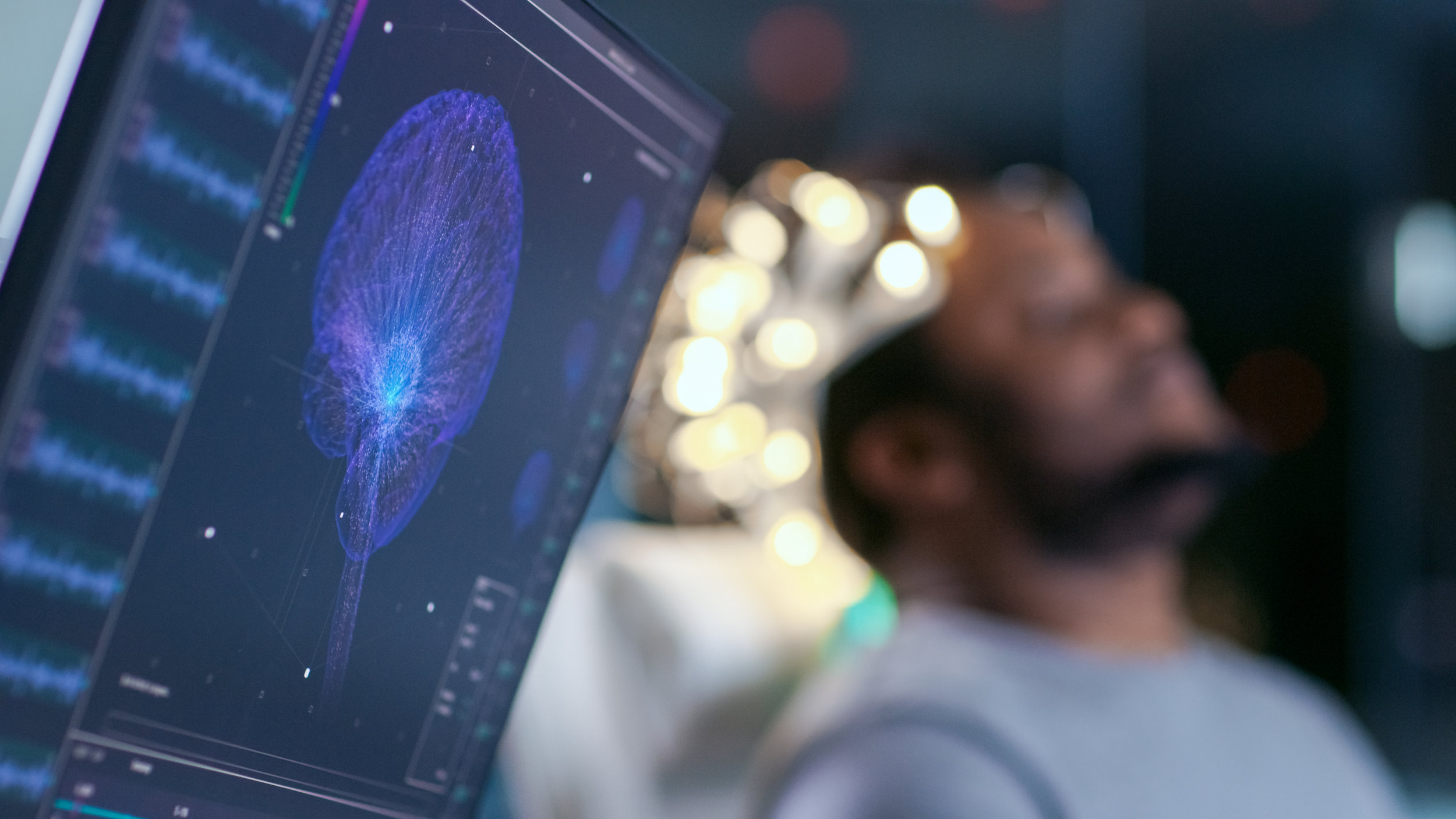
“Sleep is not the absence of wakefulness. It is far more than that.”
― Matthew Walker, Why We Sleep: Unlocking the Power of Sleep and Dreams
Sleep is as vital to our physical and mental health as diet, exercise and social interactions. While the absence of proper sleep will impact your brain’s ability to retrieve and store information, it will also affect your physical well-being. In fact, poor sleep will not only make you unhealthy, it can shorten your life and even kill you.
Everyone sleeps. Everyone dreams.
Perhaps nothing is so universally experienced and least understood as dreams.

Dream Facts
Dreaming is the most extensively studied cognitive state. Experts are divided as why we dream and what functions dream states serve. Here are three popular theories as to why we dream:
Psychoanalytic theory. In this theory, dreams are believed to represent unconscious desires, wish fulfillment, and personal conflicts. Dreams give us a way to act out unconscious desires in the safety of an unreal setting, because acting them out in reality would be unacceptable.
Activation-synthesis theory. Popularized in the 1970s, this theory suggests that dreams are just a byproduct of your brain trying to process random signals from your limbic system, which is involved in your memories, emotions, and sensations.
Continual activation theory. This is the idea that our brains are continuously storing memories, even when we’re asleep. It suggests our dreams provide a place to hold our memories while they make the transition from our short-term memory to our long-term memory.

“Sleep is not the absence of wakefulness. It is far more than that.”
― Matthew Walker, Why We Sleep: Unlocking the Power of Sleep and Dreams

Sleep happens in 4 stages. Without sleep, you die. There are no exceptions.
sleep onset, where the brain produces theta waves, and you might feel generally spacy or relaxed. Then REM kicks in, where you dream the most. Eventually, you drop into the deepest stages, delta waves.
STAGE 1: NREM
REM

https://www.medbroadcast.com/healthfeature/gethealthfeature/dreams-the-mysteries-of-sleep
https://theconversation.com/unravelling-the-mysteries-of-sleep-how-the-brain-sees-dreams-45889
https://www.newscientist.com/article/mg20327201-100-10-mysteries-of-you-dreams/
Theories on Why We Sleep
https://www.verywellmind.com/theories-of-sleep-2795929
Repair & Restoration Theory of Sleep
According to the repair and restoration theory of sleep, sleeping is essential for revitalizing and restoring the physiological processes that keep the body and mind healthy and properly functioning.
This theory suggests that NREM sleep is important for restoring physiological functions, while REM sleep is essential in restoring mental functions.
Support for this theory is provided by research that shows periods of REM sleep increase following periods of sleep deprivation and strenuous physical activity. During sleep, the body also increases its rate of cell division and protein synthesis, further suggesting that repair and restoration occur during sleeping periods.
Evolutionary Theory of Sleep
Also known as the adaptive theory of sleep, suggests that periods of activity and inactivity evolved as a means of conserving energy. According to this theory, all species have adapted to sleep during periods of time when wakefulness would be the most hazardous.
Information Consolidation Theory of Sleep
The information consolidation theory of sleep is based on cognitive research and suggests that people sleep in order to process information that has been acquired during the day. In addition to processing information from the day prior, this theory also argues that sleep allows the brain to prepare for the day to come.
The Clean-Up Theory of Sleep
While there are research and evidence to support each of these theories of sleep, there is still no clear-cut support for any one theory. It is also possible that each of these theories can be used to explain why we sleep. Sleeping impacts many physiological processes, so it is very possible that sleep occurs for many reasons and purposes. In all likelihood, sleep serves a number of different physiological and psychological purposes including cleaning up brain toxins and consolidating information into memory.

One more reason to get a good night’s sleep | Jeff Iliff
The brain uses a quarter of the body's entire energy supply, yet only accounts for about two percent of the body's mass. So how does this unique organ receive and, perhaps more importantly, rid itself of vital nutrients? New research suggests it has to do with sleep.
Sleep is your life-support system and Mother Nature's best effort yet at immortality, says sleep scientist Matt Walker. In this deep dive into the science of slumber, Walker shares the wonderfully good things that happen when you get sleep -- and the alarmingly bad things that happen when you don't, for both your brain and body. Learn more about sleep's impact on your learning, memory, immune system and even your genetic code -- as well as some helpful tips for getting some shut-eye.
Every night, we have a dream. We often don't remember having them, or simply dismiss their contents. In his talk, Dr. Selterman provides evidence that suggests our dreams might be more valuable than we currently think. He draws on his experience as an expert on dream research, providing numerous examples of what they reveal about our inner selves.
Dr. Selterman provides ways we can analyze our own dreams to better understand who we are. Dr. Selterman is a Lecturer in the Psychology Department at the University of Maryland. He runs the DREAM Lab at Maryland, with research interests including romantic attraction/dating, emotions, attachment in interpersonal relationships, patterns of dreaming, sexual behavior, and morality/ethics.
Matthew Walker is Professor of Neuroscience and Psychology at the University of California, Berkeley, and Founder and Director of the Center for Human Sleep Science. Check out his book "Why We Sleep: Unlocking the Power of Sleep and Dreams" on Amazon.


